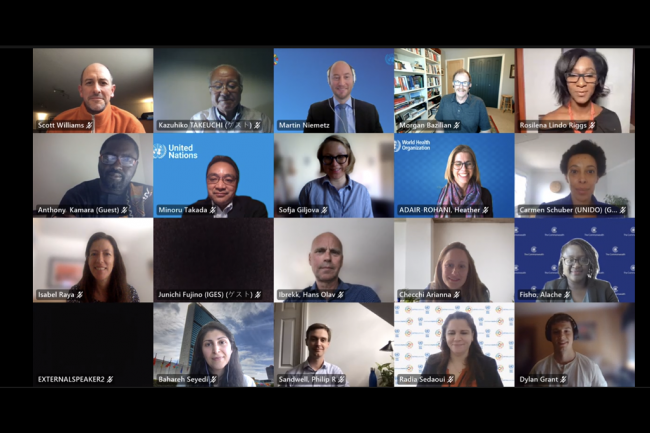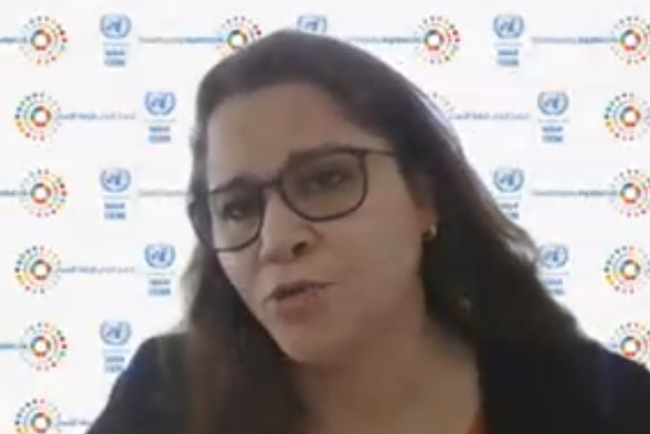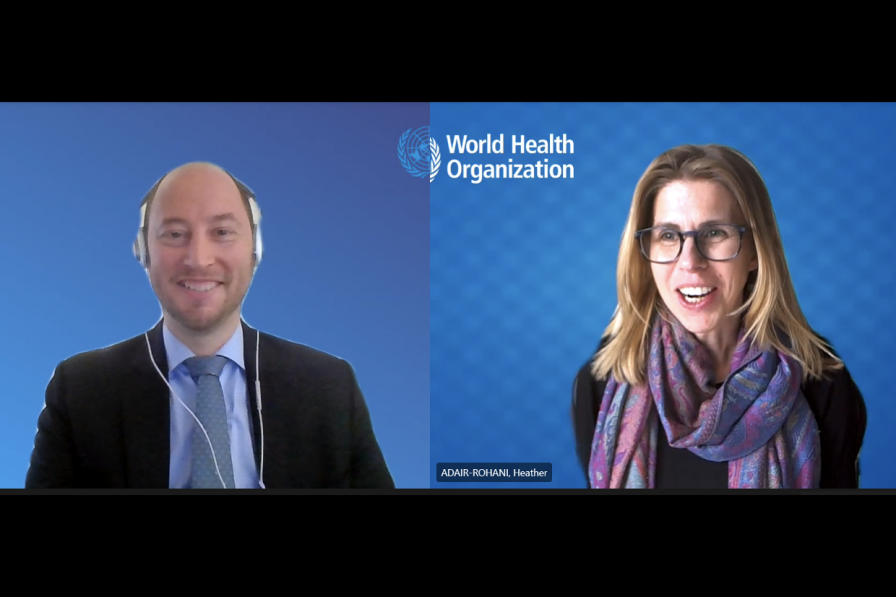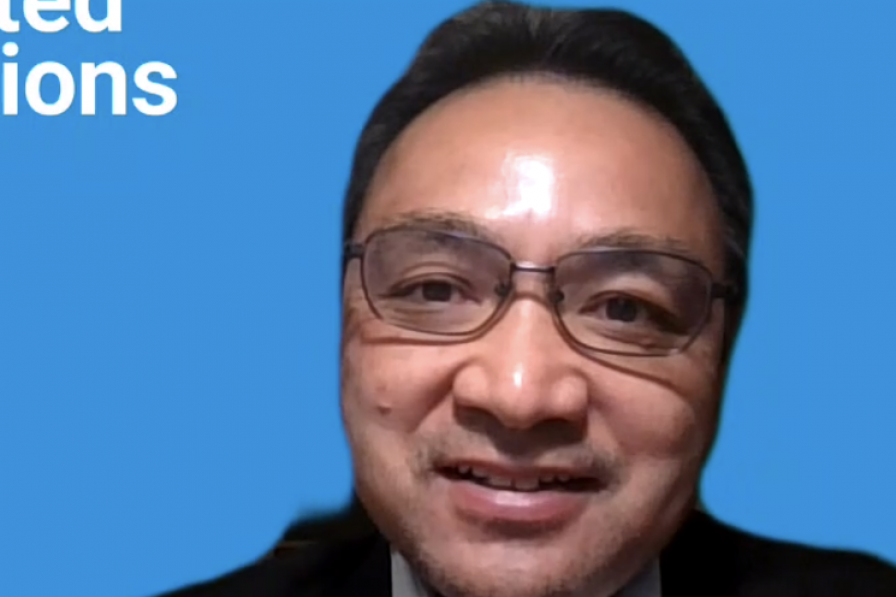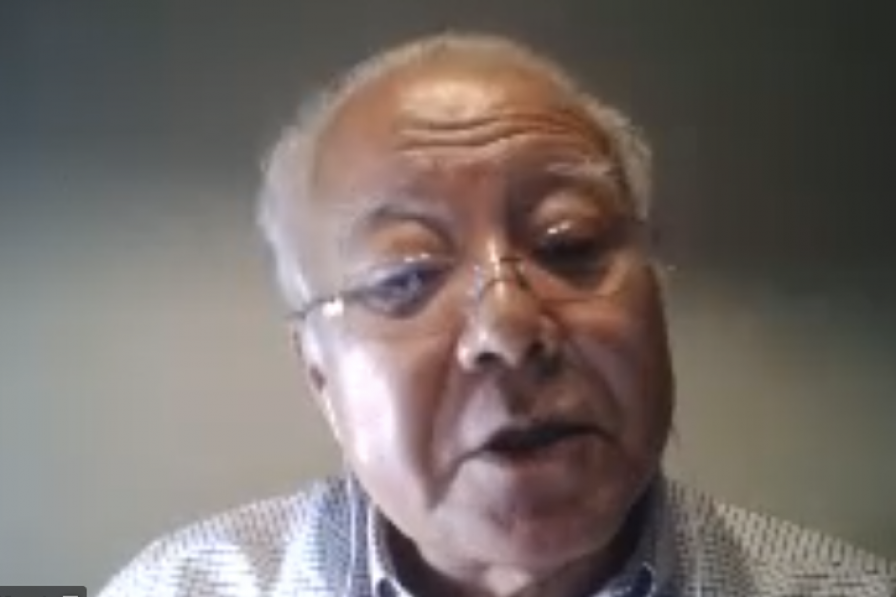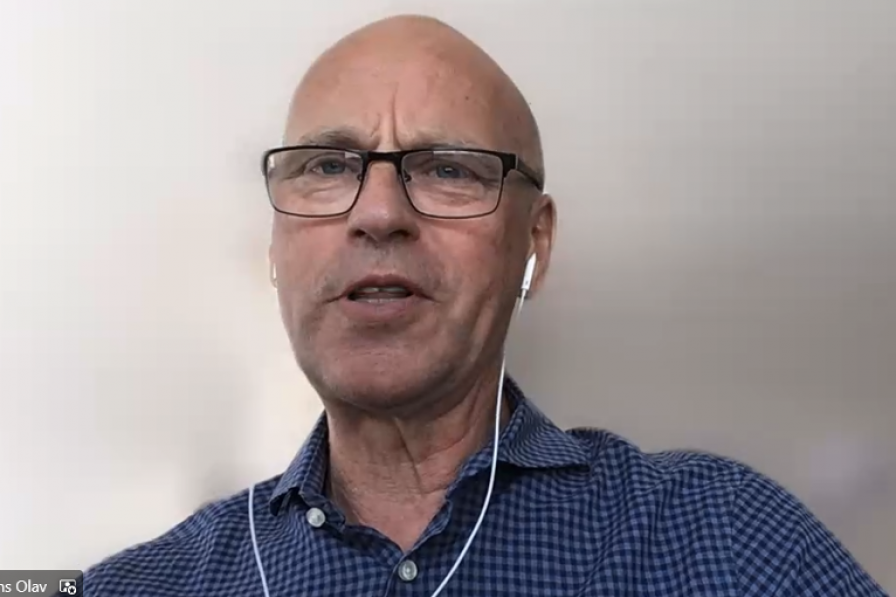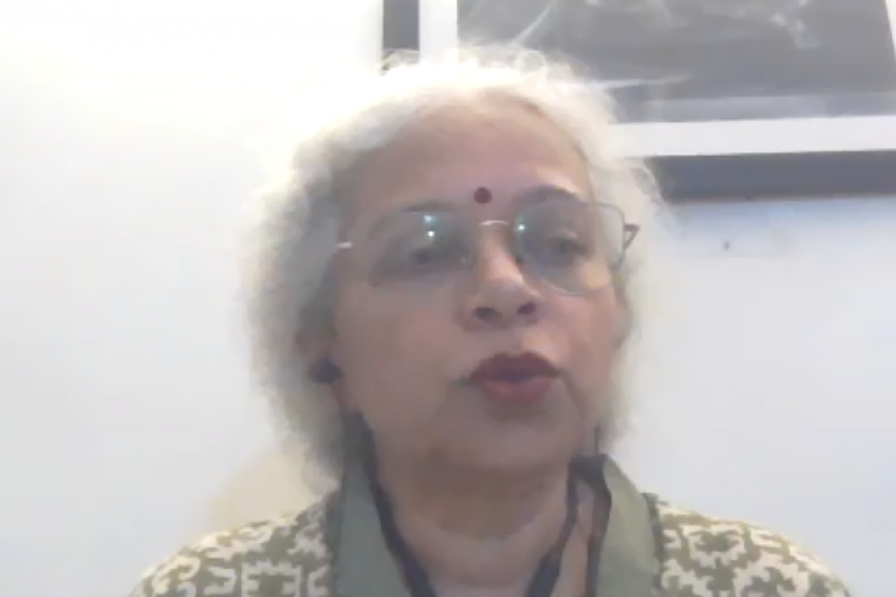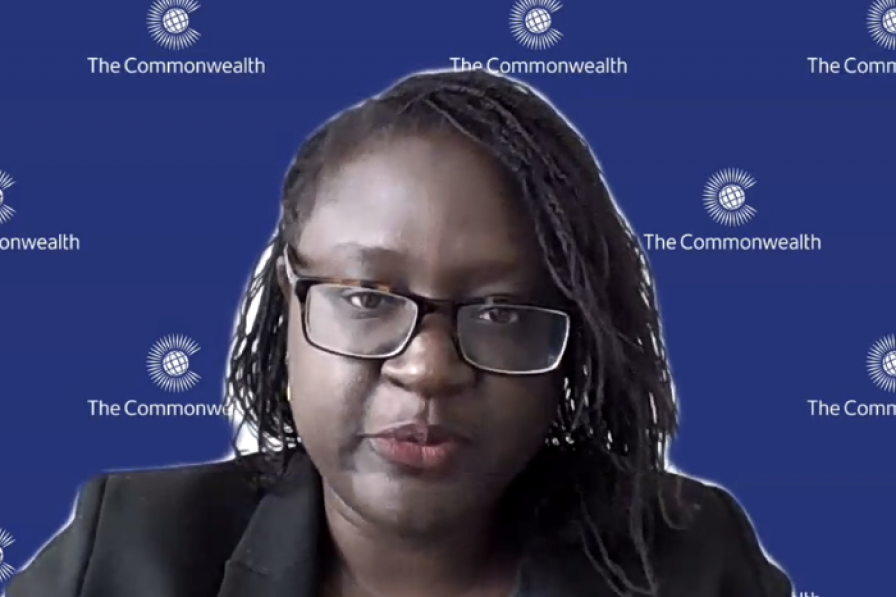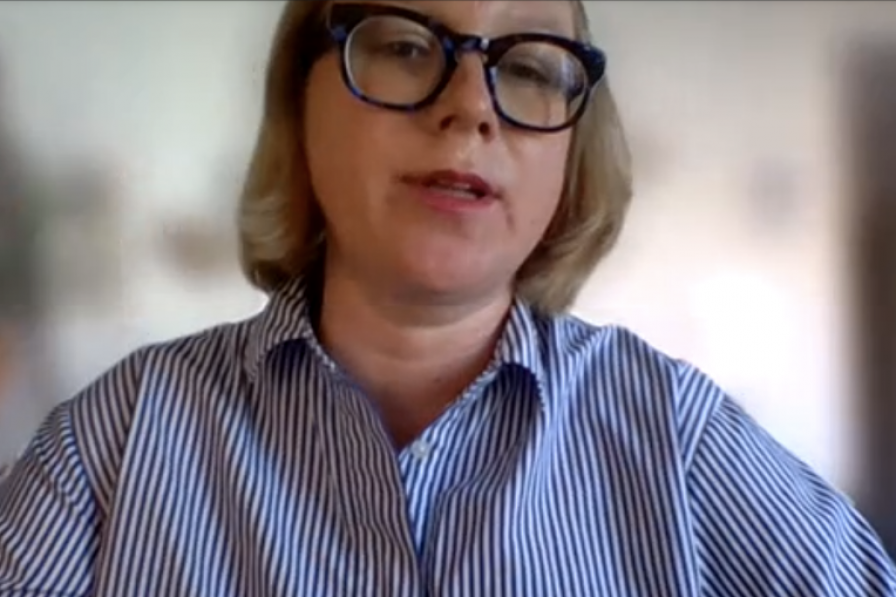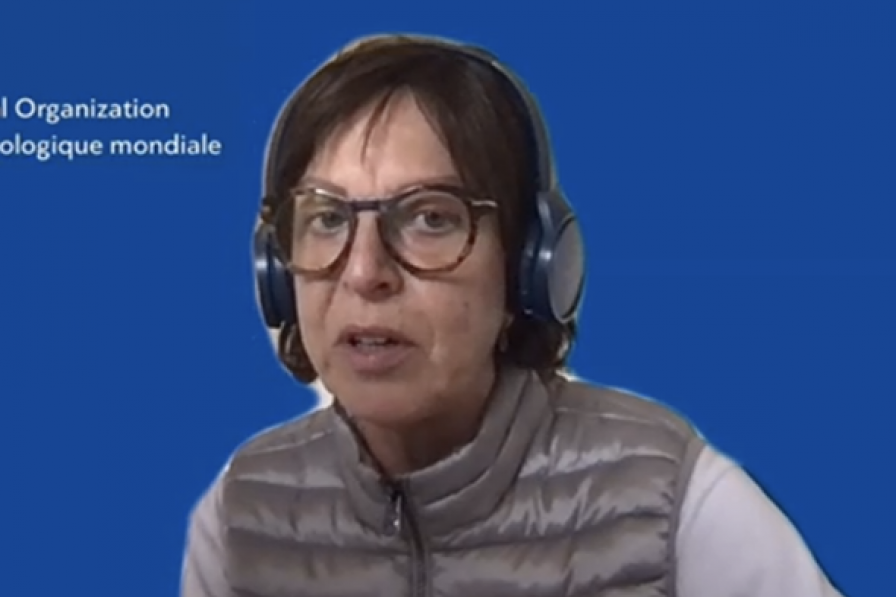The third and final meeting of the Technical Working Group on Enabling SDGs through Inclusive, Just Energy Transitions reviewed the group’s report, which was prepared by three co-leading entities: UN Department of Economic and Social Affairs (UN DESA), the UN Economic and Social Commission for Western Asia (UN ESCWA), and the World Health Organization (WHO).
The report had undergone changes following the group’s comments during their second meeting on 20 April 2021. During the third meeting, on 19 May, 43 participants considered the revised draft and offered further comments. Speakers expressed appreciation for the changes that had been introduced since the first draft. Many stressed the need to recognize the local context in which energy transitions must take place and the importance of addressing the costs and benefits to local populations of a transition, in addition to discussing macro-benefits. Participants also suggested a recommendation on gender should be made more specific and should better acknowledge the role of women as instruments of change.
The Technical Working Group is one of five that are preparing a roadmap to be presented at the High-Level Dialogue on Energy in September 2021. The first virtual meeting of the Technical Working Group on Enabling SDGs through Inclusive, Just Energy Transitions took place on 25 February 2021 to provide initial input for the roadmap. The group’s report will be launched during a Ministerial Thematic Forum on Enabling SDGs through Inclusive, Just Energy Transitions on 24 June 2021.
Presentation of the Final Report and Discussion
Radia Sedaoui, Chief of Energy Section, Climate Change and Natural Resource Sustainability Cluster, UN ESCWA, welcomed participants and thanked them for their feedback on the first draft. She said the latest draft represents an actionable report to achieve SDG 7 (affordable and clean energy) and make SDG 7 an enabler of other SDGs, with the objective of ensuring no one is left behind. She also noted the report builds on the reports of the other four Technical Working Groups.
Minoru Takada, Team Leader, Secretariat of the High-level Dialogue on Energy, UN DESA, presented the report’s six recommendations:
- Implementation of an energy transition strategy must have an explicit focus on equity and inclusiveness to enable the SDGs. In this regard, attention must be paid to enhancing prosperity, empowering people, and protecting the planet;
- Access to energy, including electricity and clean cooking, must be integrated as a central pillar of any inclusive, just energy transition strategy;
- A gender transformation must be accelerated to close the gender gap and empower women, including gender parity in employment, policy, and decision-making processes;
- The report’s “Energy for SDG Impact Framework” should be integrated into an energy transition, with targets and indicators to help in designing, implementing, and monitoring just, inclusive energy transitions as an enabler of the SDGs;
- Transformational change should be enabled by promoting systemic approaches to energy transition for the achievement of the SDGs and the climate goals; and
- Global partnerships should be strengthened to support communities of practice, global advocacy, and collective action in the energy and other sectors.
Takada encouraged participants to comment on these recommendations, elements of the main report that they still had comments on, and communication and outreach opportunities once the report is finalized.
During the discussion, many speakers discussed the role of synergies and tradeoffs among the SDGs. A speaker suggested the report should recognize the role of other SDGs in advancing SDG 7 in addition to interlinkages of SDG 7 with achieving other SDGs.
Speakers commended the inclusion of a recommendation related to gender but said it should be more specific on what inclusiveness and gender parity means.
Speakers highlighted that the transition will require action at the local, national and international levels. One speaker noted the report’s focus on macro-figures related to tradeoffs and called for attention to local figures, including those who will “lose” in the energy transition, to ensure the transition is just. The role of local and regional, in addition to global, partnerships was highlighted as a key consideration to incorporate into the report, as was the need to recognize pathways will depend on country circumstances. A speaker called for efforts to address disruption in countries that rely on fossil fuel extraction, and to ensure there is extensive stakeholder buy-in, a comprehensive communication strategy to build understanding of the need for the energy transition, and reskilling and retraining. Another speaker emphasized the need for the report to focus on the issue of equity and common but differentiated responsibilities.
On the report’s “Energy for SDG Impact Framework,” which includes indicators for 2030 and 2050, speakers suggested that the report should include further explanation on the how the indicators and targets should be selected and set for 2030 and 2050.
Speakers said there should be stronger and clearer text on finance and innovation, including in the recommendations. One participant suggested calling for an energy access fund that would identify new funding instruments to promote energy access. Speakers noted capacity building requires long-term investments.
Participants suggested adding references to:
- efforts to reduce demand, including through energy efficiency;
- renewable energy and electrification of end-use sectors;
- affordable, modern, sustainable, and reliable energy;
- the role of linkages between energy access and nature-based solutions; and
- children’s needs for energy access and an intergenerational approach to find solutions.
Speakers also noted the overlaps between the five Technical Working Group reports and suggested the recommendations in the reports should be harmonized.
Update on the Theme Report, Ministerial Forums, Energy Compacts, and Next Steps
The UN DESA Secretariat reported the group will have a chance to provide factual comments on the copy-edited report in early June. A meeting of all five Thematic Working Groups will take place on 15 June. And the Ministerial Thematic Forum for this topic will take place on 24 June.
The High-level Dialogue on Energy, which will take place at the summit level in September, is expected to have three outcomes: a global roadmap of concrete actions needed to ensure access to clean and affordable energy for all (SDG 7) by 2030, in support of the Decade of Action to deliver the SDGs and climate action; energy compacts, which are voluntary commitments that will detail key outcomes, milestones, and implementation timelines towards 2030; and a network of multistakeholders for the implementation of the global roadmap through energy compacts.
At the conclusion of the meeting, Heather Adair-Rohani, Technical Officer, WHO, highlighted the comments on inclusivity and equity, local representation, the need to enhance the discussion of gender, and the need to go beyond linages with SDG 1 (no poverty). She noted speakers had highlighted pathways would be different for each country. She also encouraged Working Group members to communicate with their networks about this process and to encourage them to make a contribution through an energy compact. She thanked participants for their feedback and stressed their shared objective of developing an instrumental report for the future we want.
To receive continuing coverage of this event delivered to your inbox, subscribe to the ENB Update newsletter.
